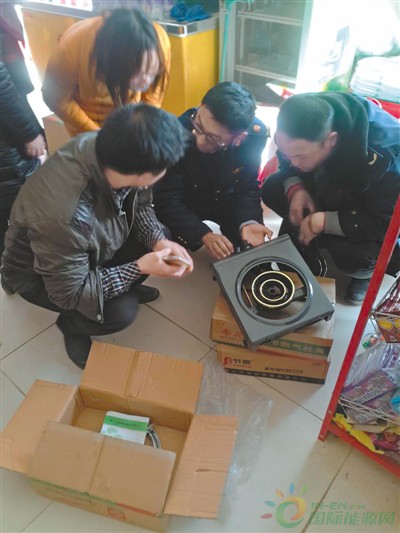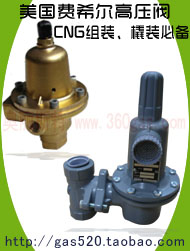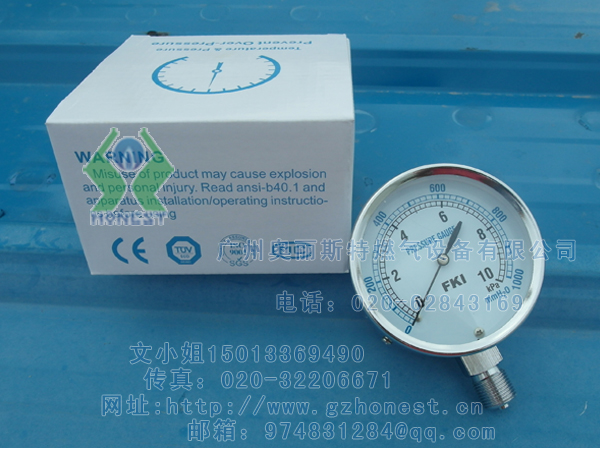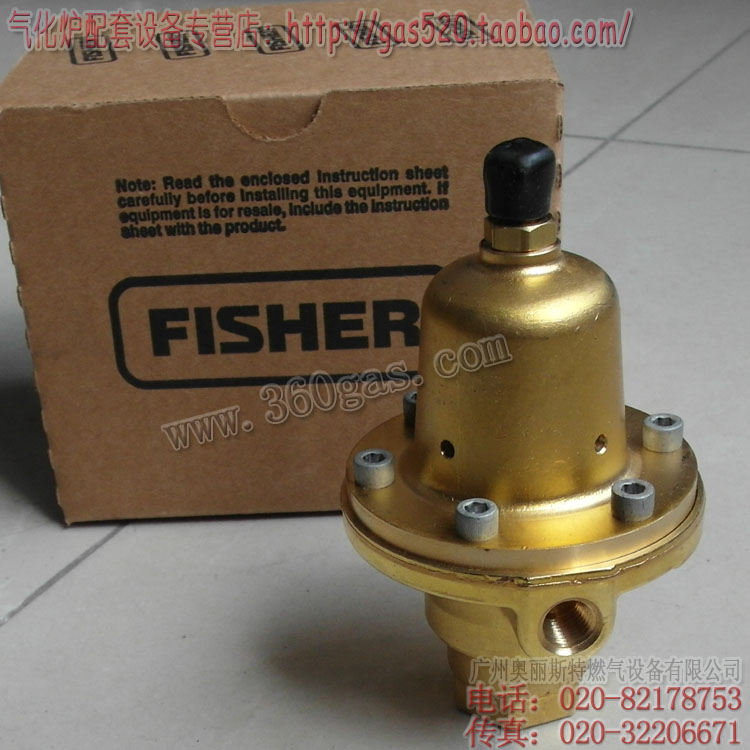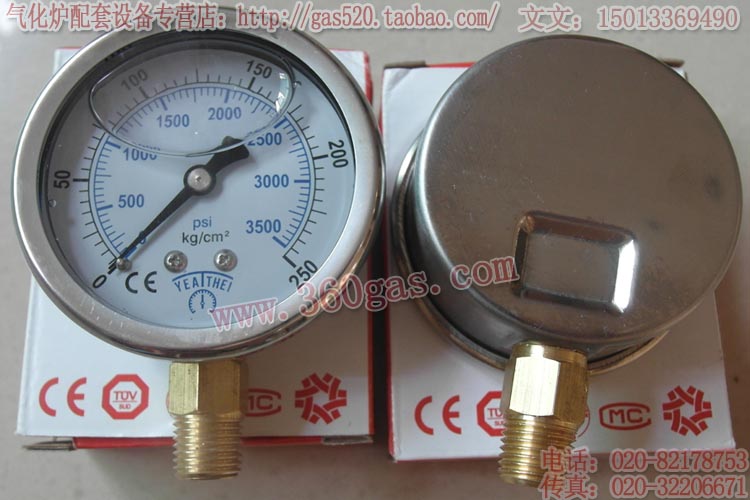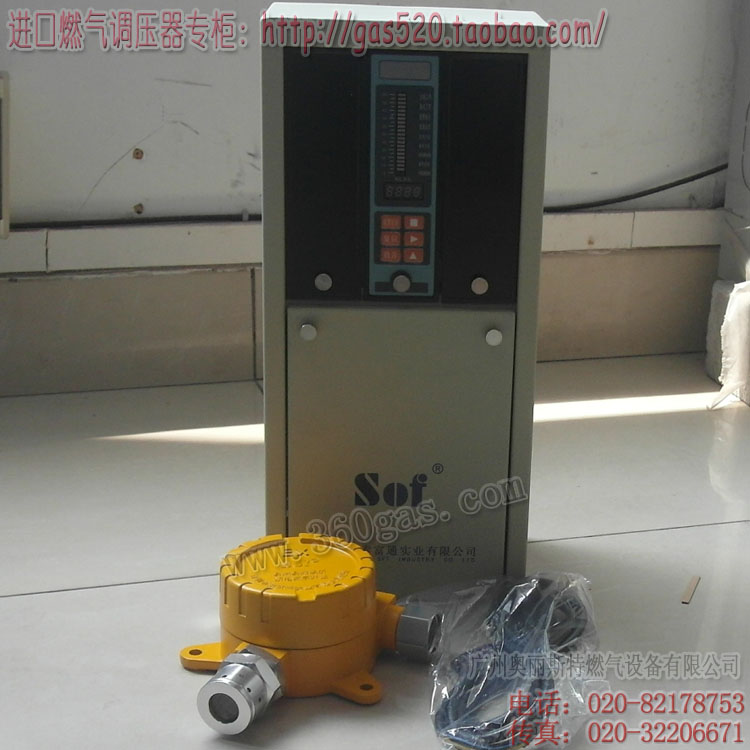位置:首頁 > 燃?xì)赓Y訊 > UPS爬升天然氣投資/UPS Ram
UPS爬升天然氣投資/UPS Ramps Up Natural Gas Investment
瀏覽次數(shù) 1049 , 日期 2013-04-28 , 燃?xì)庠O(shè)備 加入收藏
 經(jīng)營計(jì)劃橫跨10個州的700個新的LNG汽車
經(jīng)營計(jì)劃橫跨10個州的700個新的LNG汽車
UPS另類燃料車輛加速增長計(jì)劃購買約700個液化天然氣(LNG)的車輛,并建立由2014年年底的4個加氣站。一旦完成,LNG私人車隊(duì)將是一個最廣泛的在美國
“液化天然氣將是一個可行的替代運(yùn)輸燃料的UPS在未來十年,傳統(tǒng)的化石燃料和新興的可再生替代燃料和技術(shù),還沒有準(zhǔn)備好基礎(chǔ)廣泛的長期商業(yè)部署之間的橋梁,”斯科特·戴維斯表示,UPS董事長兼首席執(zhí)行官。
UPS已經(jīng)營天然氣汽車十余。隨著天然氣價(jià)格的30-40%,低于進(jìn)口柴油和美國加緊生產(chǎn),物流公司更積極地投資在天然氣基礎(chǔ)設(shè)施需要的UPS交付網(wǎng)絡(luò)的一部分。除了 良好的燃油成本和國內(nèi)資源的訪問,業(yè)內(nèi)人士列舉了25%的二氧化碳排放量降低。
全球UPS有1000多家天然氣車輛在道路上的今天。UPS的替代燃料和先進(jìn)的技術(shù)船隊(duì)2600余輛,還包含了一系列廣泛的低排放車輛,包括全電式電動混合動力汽車,液壓混合動力汽車,丙烷,壓縮天然氣和生物甲烷。自2000年以來,車隊(duì)采用替代燃料和技術(shù)帶動超過295萬英里。
新的UPS建液化天然氣加氣站,在諾克斯維爾,田納西州,納什維爾和孟菲斯和達(dá)拉斯,得克薩斯州,將成為重量級鉆機(jī)旅客到相鄰的國家。隨著訪問的加油站此外,UPS也將增加液化天然氣卡車的航線從達(dá)拉斯,休斯頓和圣安東尼奧,進(jìn)一步擴(kuò)大領(lǐng)土。
初期投資為1800萬美元,建立加油站將得到這700 LNG牽引車和持續(xù)擴(kuò)張的天然氣車隊(duì)在美國UPS已經(jīng)營112 LNG牽引車拖車在內(nèi)華達(dá)州拉斯維加斯的加油站購買;亞利桑那州鳳凰城,海貍和鹽湖城,猶他州,加利福尼亞州安大略省,其財(cái)產(chǎn),并擁有自己的LNG加氣站
“戴維斯說:”公私合作伙伴關(guān)系和立法行動可以去除抑制天然氣以及抵消車輛的增量成本較高的公司,如UPS和其他拓寬部署創(chuàng)造了有利的條件,從燃油稅。
作為一個全球性的可持續(xù)發(fā)展的先驅(qū),UPS的創(chuàng)始州際清潔交通走廊(ICTC)車隊(duì)的合作伙伴,一組,建立了公開訪問的LNG加氣站在加利福尼亞州,拉斯維加斯,和猶他。ICTC督導(dǎo)委員會的成員包括8個在地方,州和國家各級政府和監(jiān)管機(jī)構(gòu)。
“當(dāng)其他航運(yùn)和物流公司都在談?wù)摽赡苄裕覀儗⑹褂锰娲剂系能囕v在高速公路上,”戴維斯說。“液化天然氣(LNG)是一個很好的替代石油為基礎(chǔ)的燃料,因?yàn)樗秦S富的長途交付艦隊(duì),并以更低的成本生產(chǎn)的排放量減少。UPS,我們正在幫助,打掉一些商業(yè)運(yùn)輸液化天然氣市場的廣泛認(rèn)可,繼續(xù)建立車輛的需求,燃料和維護(hù)基礎(chǔ)設(shè)施的最大障礙。
,“戴維斯說:”我們計(jì)劃通過基礎(chǔ)設(shè)施建設(shè)合作伙伴關(guān)系,并指出領(lǐng)導(dǎo)的方式,使經(jīng)濟(jì)上可行替代燃料汽車車隊(duì)在更廣泛的擴(kuò)展。
 Plans to operate 700 new LNG vehicles across 10 states
Plans to operate 700 new LNG vehicles across 10 states
UPS is accelerating growth of its alternative-fuelled vehicle fleet with plans to purchase approximately 700 liquefied natural gas (LNG) vehicles and to build four refueling stations by the end of 2014. Once completed, the LNG private fleet will be one of the most extensive in the U.S.
“LNG will be a viable alternative transportation fuel for UPS in the next decade as a bridge between traditional fossil fuels and emerging renewable alternative fuels and technologies that are not quite ready for broad-based long-term commercial deployment,” said Scott Davis, UPS Chairman and CEO.
UPS has been operating natural gas vehicles for more than a decade. With natural gas prices 30-40 percent lower than imported diesel and U.S. production gearing up, the logistics company is investing more aggressively in the natural gas infrastructure necessary to make it part of the UPS delivery network here. Beyond favorable fuel cost and domestic resource access, the industry cites 25 percent less CO2 emissions.
Worldwide UPS has more than 1,000 natural gas vehicles on the road today. UPS’s alternative fuel and advanced technology fleet of more than 2,600 vehicles also includes a wide array of low-emissions vehicles, including all-electrics, electric hybrids, hydraulic hybrids, propane, compressed natural gas and biomethane. Since 2000, the fleet powered by alternative fuels and technologies has driven more than 295 million miles.
New UPS-built LNG fueling stations in Knoxville, Nashville and Memphis, Tenn., and Dallas, Texas, will serve its heavy-weight rigs traveling into adjacent states. With the addition of accessible fueling stations, UPS also will add LNG trucks on routes from Dallas, Houston and San Antonio to further extend territory.
An initial investment of more than $18 million to build fueling stations will be supported by the purchase of these 700 LNG tractors and continued expansion of the natural gas fleet in the U.S. UPS already operates 112 LNG tractor trailers from fueling stations in Las Vegas, Nev.; Phoenix, Ariz., and Beaver and Salt Lake City, Utah, and has its own LNG fueling station on its property in Ontario, Calif.
“Public-private partnerships and legislative action can remove disincentives from fuel taxes on natural gas as well as offset the higher incremental costs of the vehicles to create the favorable conditions for companies like UPS and others to broaden deployment,” Davis added.
As a global sustainability pioneer, UPS was a founding Interstate Clean Transportation Corridor (ICTC) fleet partner, a group that established publicly accessible LNG fueling stations in California, Las Vegas, and Utah. The ICTC steering committee includes eight government and regulatory agencies at the local, state and national levels.
“When other shipping and logistics companies are talking about possibilities, we are putting alternative fueled vehicles on the highway,” said Davis. “LNG is a good alternative to petroleum-based fuel for long-haul delivery fleets as it is abundant and produces reduced emissions at less cost. At UPS, we are helping to knock down some of the biggest hurdles to broad market acceptance of LNG in commercial transportation by continuing to establish vehicle demand, fuel and maintenance infrastructures.
“We plan expansion through infrastructure partnerships and a broader fleet in states that are leading the way to make alternative fuel vehicles economically feasible,” Davis said.



